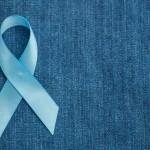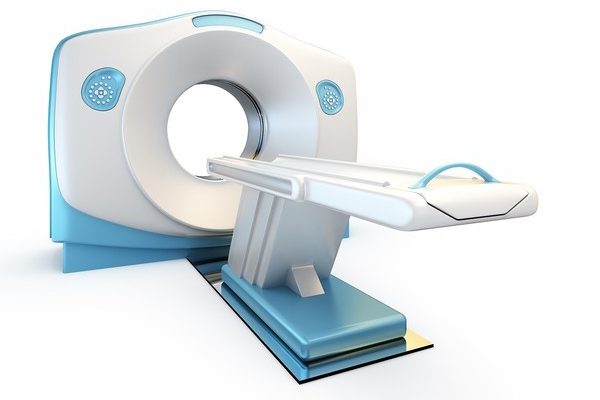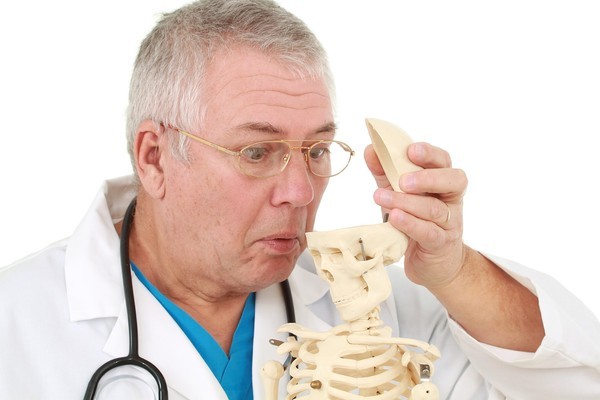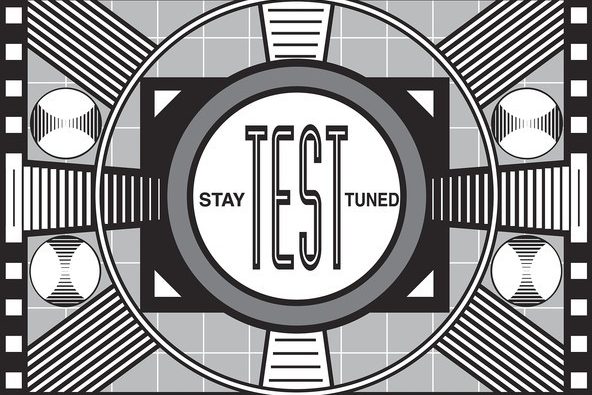One of the first things I teach medical students is to be aware that they have arrived in a bizarre land. The strange things they see, the disturbed experiences they have, the weird stories they hear, are like nothing else in life. I advise students to stay in touch with their feelings, to note what shocks, frightens, or embarrasses them. Remember those emotions now, because as doctors learn their craft they learn to control those reactions. They create order from confusion, and the wild world of medicine seems to make sense. However, for their patients, first entering the healthcare maelstrom, it will always be chaos.
Much of the practice of medicine is about organization and structure; using data and measurement to apply scientific principles to variant biology. From the simplest concepts of height, weight, and blood pressure to the esoteric study of molecular cancer mutations, we change the “sick old lady,” to a 78 year-old female with acute respiratory desaturation (89%), from nonischemic cardiomyopathy (32%), exacerbated by a normochromic normocytic (82) anemia (8.3), from chemotherapy (V58.1), with congestive heart failure (428.0), induced by saline resuscitation (1500cc) treatment of neutropenic (0.8) sepsis (103.4), and shock (88/47); in Room 4, Bed 1, 5N.
Medical care demands we digitize the “old lady.” This process makes analysis, decision-making and treatment possible. Each number is in its place, each box checked and tabulated; all is calm and well. The problem is we fool ourselves into believing that we have forged from disorganization a global order that applies to the whole person and family.
The reality is that while we may sterilize a part of each person’s life, that part we call medicine, we can never sooth the chaos. Confusion, variation, originality and endless change are what make human beings special. The scientific model cannot be applied to all experience or to the global reaction to illness. If we expect objectivity and structure, simply because we have organized health events, we fail to appreciate the complexity of our patients and will universally fail to give the best in health care.
Life for patients and their families is so much more than data. It is soaked in abstract ideas, dysfunctional decisions, social influence and emotion. Why did I deserve this? How will the cancer effect and change my relationships, my marriage, my children? What about my job, what will I do to make money or to justify my worth? Who will mow the lawn? Has god deserted me? Am I so altered that I am no more? With the loss of strength, how I will I express or share passion? How beautiful is the sunset! What about suicide? Will my family “catch” the disease? What will tomorrow’s, tomorrow, bring?
Life is myriad. Cancer is chaos. To think that the superficial organization of medical care brings universal calm is to believe that putting a top on a boiling pot quiets the seething waters inside; the kettle looks neat, quiet, but the metal grows hot and will, in time, boil over. The “lady,” is also a grandmother, church secretary, struggling artist, world traveler, friend, union shop steward, lover and is surrounded by family, neighbors and even enemies.
We gain from recognition that there are major limits in the application of clinical structure. Doctors must accept that what happens to their patients is much more than can by typed into a history, physical, diagnosis and treatment plan. Physicians must be sensitive and vigilant to the labyrinth that is their patient’s lives and how it affects them and therapy. It is not just writing a prescription.
Perhaps more important, every family and patient need to learn that, as in the rest of life, chaos is normal. Every patient and family enters the medical arena with all the variation, strength and weakness, which has been their whole life. Disease inflames that history and adds new layers of change. No journey is a straight line. Each person is different and each day a new unstable experience.
Life is not neat, digitized, or organized. Life is strange and messy. That is what makes life hard, but it is also what makes it wonderful. Disease, cancer, is part of that chaos, increasing the intensity. That is normal, healthy and to be expected. It is a tough journey, but we can make it. Moreover, just maybe, that is what makes life worth living.







9 Comments